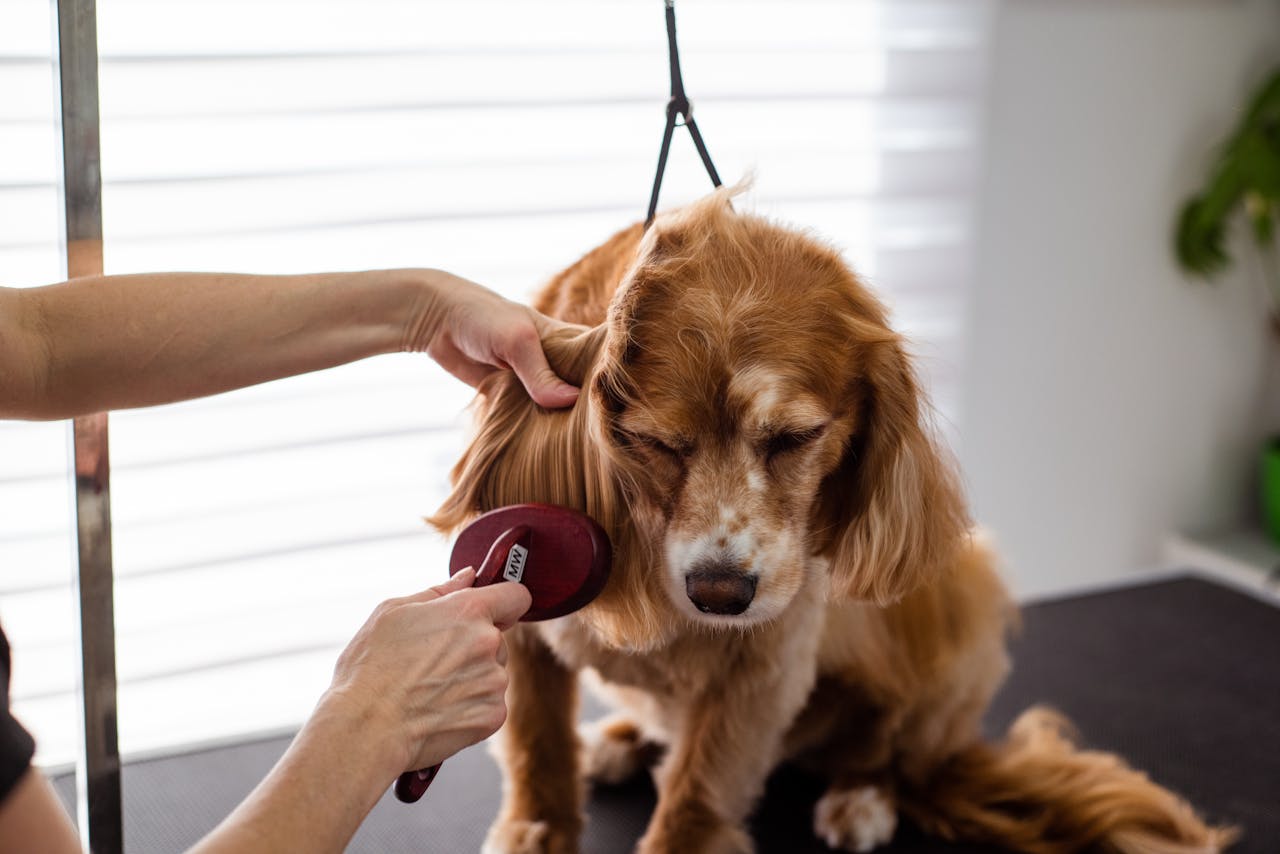
Bringing home a Waggs to Riches puppy is a life-changing moment. You’re not just adding a pet—you’re welcoming a new family member. These adorable companions are known for their social personalities, beautiful coats, and loving temperaments. But like any new relationship, the first month sets the tone for everything that follows.
Waggs to Riches raises their puppies with care, early socialization, and health as top priorities. That means your puppy already has a head start on becoming a well-rounded dog.
This first month is the foundation for your puppy’s behavior, trust in humans, and comfort in their new environment. Think of it as building a bridge between their world and yours.
Remove electrical cords, plants, sharp objects, and anything chewable within their reach. Think toddler-level mischief—but faster and fuzzier.
Here’s what you’ll need from Day 1:
Keep it quiet and calm. Let your puppy travel in a crate or safely in your lap. Avoid loud music or too much stimulation.
Let your puppy explore gradually—start with one room. Introduce family members one at a time. Remember, this day is overwhelming enough.
Puppies do best on 3-4 meals a day. Stick to the same times and don’t switch food brands suddenly—sensitive tummies don’t like surprises.
Take your puppy out every 2 hours, after meals, play, and naps. Celebrate those successful potty trips with praise and treats.
Expect your puppy to sleep up to 18 hours a day. Like babies, they grow when they rest.
Every “sit” and “stay” should be followed with praise, treats, or belly rubs. That’s how trust and love grow.
Is your pup yawning or turning their head away? That’s stress. Tail wagging like crazy? They’re happy. Learn their signals and respond accordingly.
Use their name positively and frequently—but never for scolding. It should always be a sound of joy.
Make the crate a safe, happy place. Feed meals inside and never use it as punishment. Keep the door open at first.
Use treats, consistency, and short training sessions (5-10 minutes).
Schedule it within the first week. Bring your puppy’s paperwork and ask about the upcoming vaccination plan.
Core vaccines usually begin at 6-8 weeks and continue until 16 weeks. Your vet will guide the timing.
Expose your puppy to different voices, genders, and ages. But keep it calm and positive.
Until vaccinations are complete, avoid public dog parks. Arrange playdates with vaccinated, puppy-friendly dogs in private areas.
Redirect with toys. Say “ouch!” when it hurts and stop play briefly. Consistency is key.
Don’t rush. Your puppy is adjusting. Try a soft toy, a ticking clock, or your shirt with your scent inside their crate.
They’re normal. Clean with enzymatic cleaner and never punish—just reset and guide better next time.
Record those firsts! They’re big achievements and a sign that your bond is growing.
By the end of 30 days, you’ll notice quirks, favorite toys, and patterns in your puppy’s behavior. Embrace it!
Quiet, dim, and away from foot traffic. Let them rest in peace (literally!).
Brush daily to reduce shedding and bond. Bathe only every few weeks—too often can dry their skin.
Start young. Use puppy clippers or a grinder. Brush teeth 2-3 times per week with dog-safe toothpaste.
Sign up once your vet gives the go-ahead. Group classes boost confidence and social skills.
Just when you thought you had it figured out—your pup becomes a teen! Stick to training and increase mental challenges.
The first 30 days with your Waggs to Riches puppy will be filled with love, learning, and likely a few chewed-up shoes. But trust us—it’s worth every second. Set the foundation right, and you’re not just raising a pet. You’re raising a loyal companion who will grow with your family for years to come.